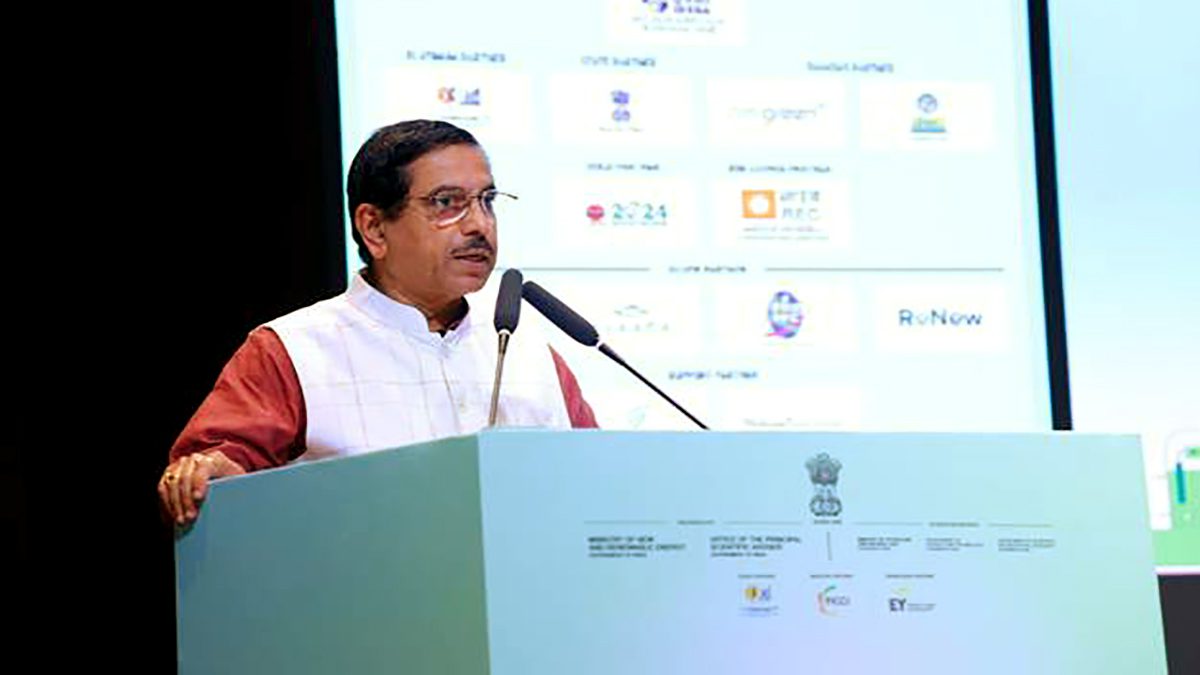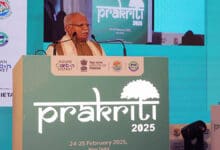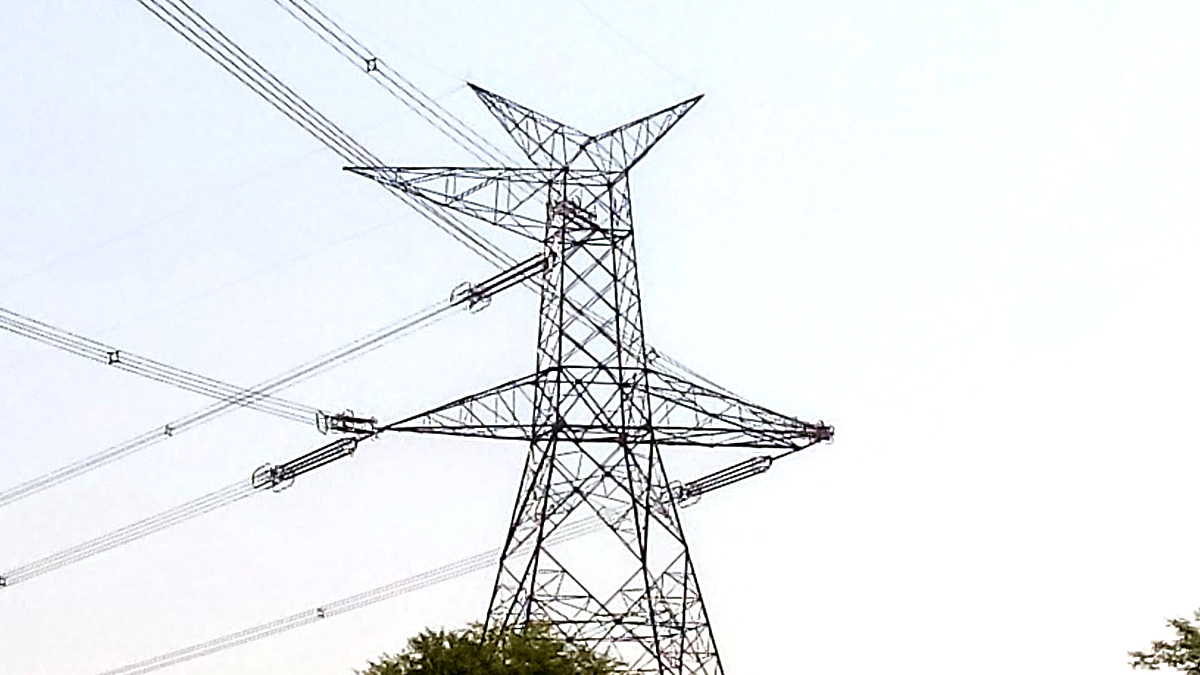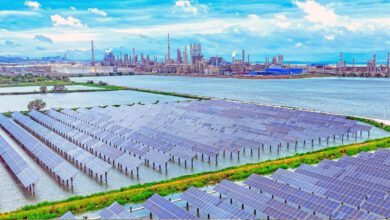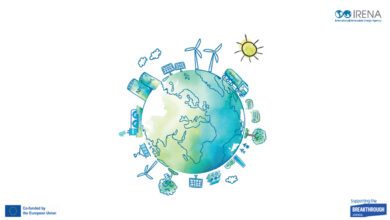Prime Minister Narendra Modi virtually inaugurated the second edition of the International Conference on Green Hydrogen (ICGH-2024) in Delhi, unveiling India’s comprehensive strategy to become a global hub for the production, utilisation, and export of green hydrogen. The event, which brings together key stakeholders in the green energy sector, underscored India’s commitment to combating climate change and transitioning towards a cleaner energy future.
In his address, Prime Minister Modi highlighted India’s progress on climate commitments, noting the country’s leadership among G20 nations in meeting its Paris Agreement targets. “India is fully committed to building a cleaner, greener planet,” the Prime Minister said. “While we continue to strengthen existing renewable energy solutions, green hydrogen has emerged as a breakthrough fuel with the potential to decarbonise key sectors such as refineries, fertilisers, steel, and heavy transportation.”
He further elaborated on the National Green Hydrogen Mission (NGHM), launched in 2023, which aims to place India at the forefront of the global green hydrogen market. “The mission will drive innovation, build infrastructure, and attract significant investment, ensuring that India not only meets its domestic energy needs but also becomes a leading exporter of green hydrogen,” he added.
Under the NGHM, India seeks to generate 5 million metric tons of green hydrogen annually by 2030, supported by an investment of $100 billion and the development of 125 gigawatts of new renewable energy capacity. This ambitious plan is expected to reduce 15 million metric tons of CO2 emissions every year and generate savings by reducing reliance on imported natural gas and ammonia.
Union Minister for New and Renewable Energy, Prahlad Joshi, underscored the strategic initiatives under the mission, highlighting the potential to attract ₹8 lakh crore in investments and create 6 lakh new jobs. “By reducing our reliance on imported natural gas and ammonia, we expect to save ₹1 lakh crore and significantly lower carbon emissions, positioning India as a leader in sustainable development,” Joshi said.
Hardeep Singh Puri, Minister of Petroleum and Natural Gas, echoed the sentiment, outlining India’s plans to become a key player in the global green hydrogen market. “Our efforts will be pivotal in achieving net-zero emissions by 2070. India’s commitment to green hydrogen is not just about energy security but also about creating a sustainable economy that leads the world in innovation and green technology,” Puri remarked.
The conference also highlighted the critical role of scientific innovation in making green hydrogen scalable and affordable. Prof Ajay Sood, Principal Scientific Adviser to the Government of India, emphasised the need for ongoing research and development. “To harness the full potential of green hydrogen, we must invest in R&D to overcome existing challenges and make this transformative technology accessible,” he said.
Bhupinder Bhalla, Secretary of the Ministry of New and Renewable Energy, outlined the roadmap to achieving India’s green hydrogen goals, which align with Prime Minister Modi’s Panchamrit plan. He discussed the creation of green hydrogen hubs, R&D initiatives, and plans to build 500 GW of non-fossil energy capacity by 2030. The Strategic Interventions for Green Hydrogen Transition (SIGHT) program, which supports these objectives, is already making progress with 81 of the 152 recommended standards published, Bhalla noted.
The event concluded with a vote of thanks from Dr N Kalaiselvi, Director General of the Council of Scientific and Industrial Research (CSIR). Dr Kalaiselvi expressed optimism about India’s leadership in the green hydrogen sector, stating, “With abundant renewable resources and strong government support, India is well-positioned to lead the global transition to green hydrogen.”
Organised by the Ministry of New and Renewable Energy in collaboration with the Ministry of Petroleum and Natural Gas, the Office of the Principal Scientific Adviser, and the Department of Science and Technology, ICGH-2024 brought together industry leaders, policymakers, and researchers. FICCI served as the industry partner, while Solar Energy Corporation of India (SECI) and EY acted as the implementation and knowledge partners, respectively.


